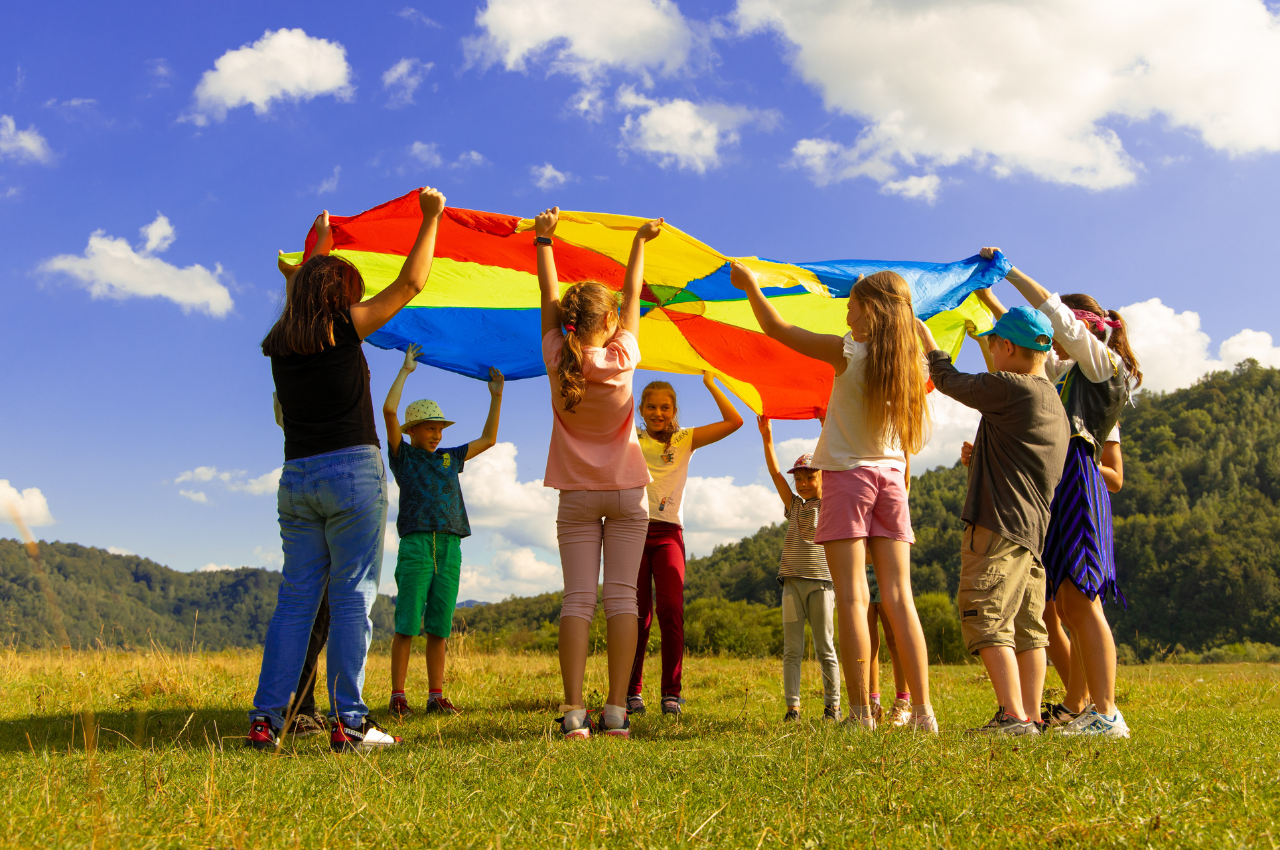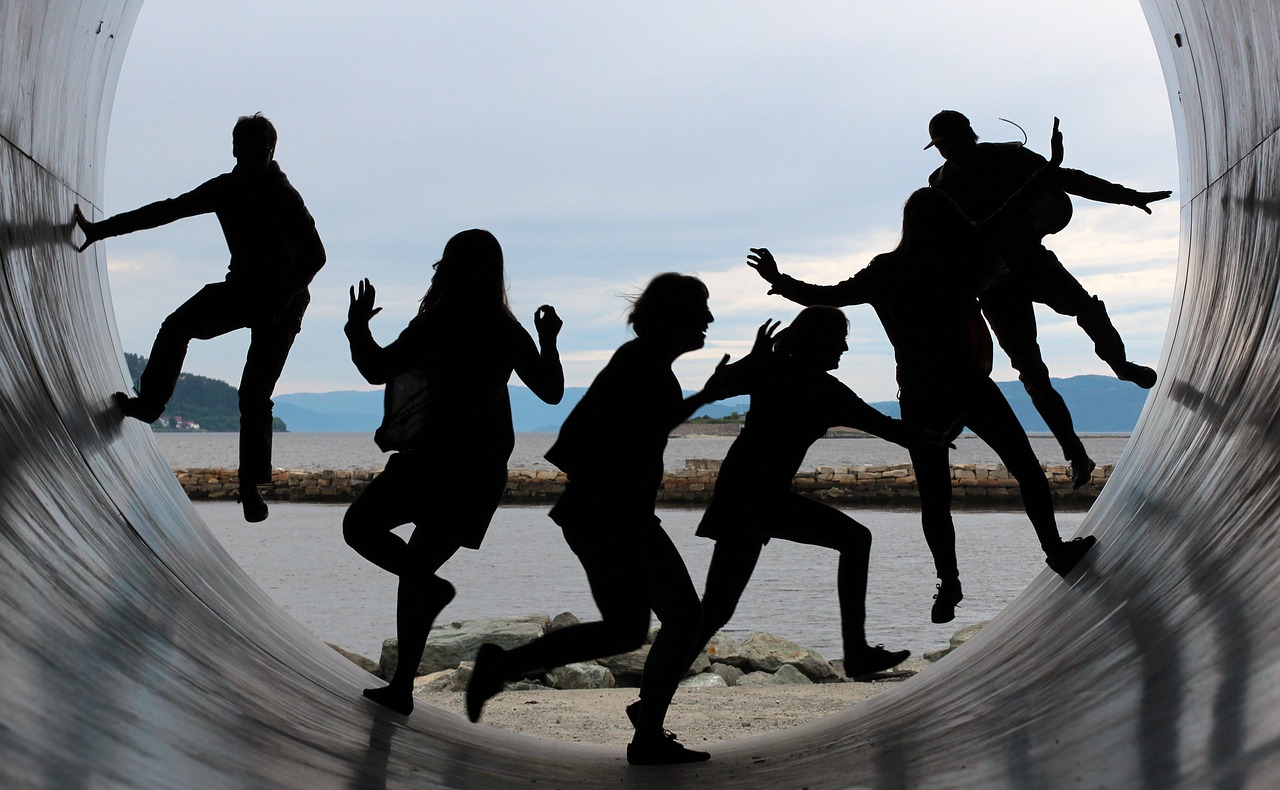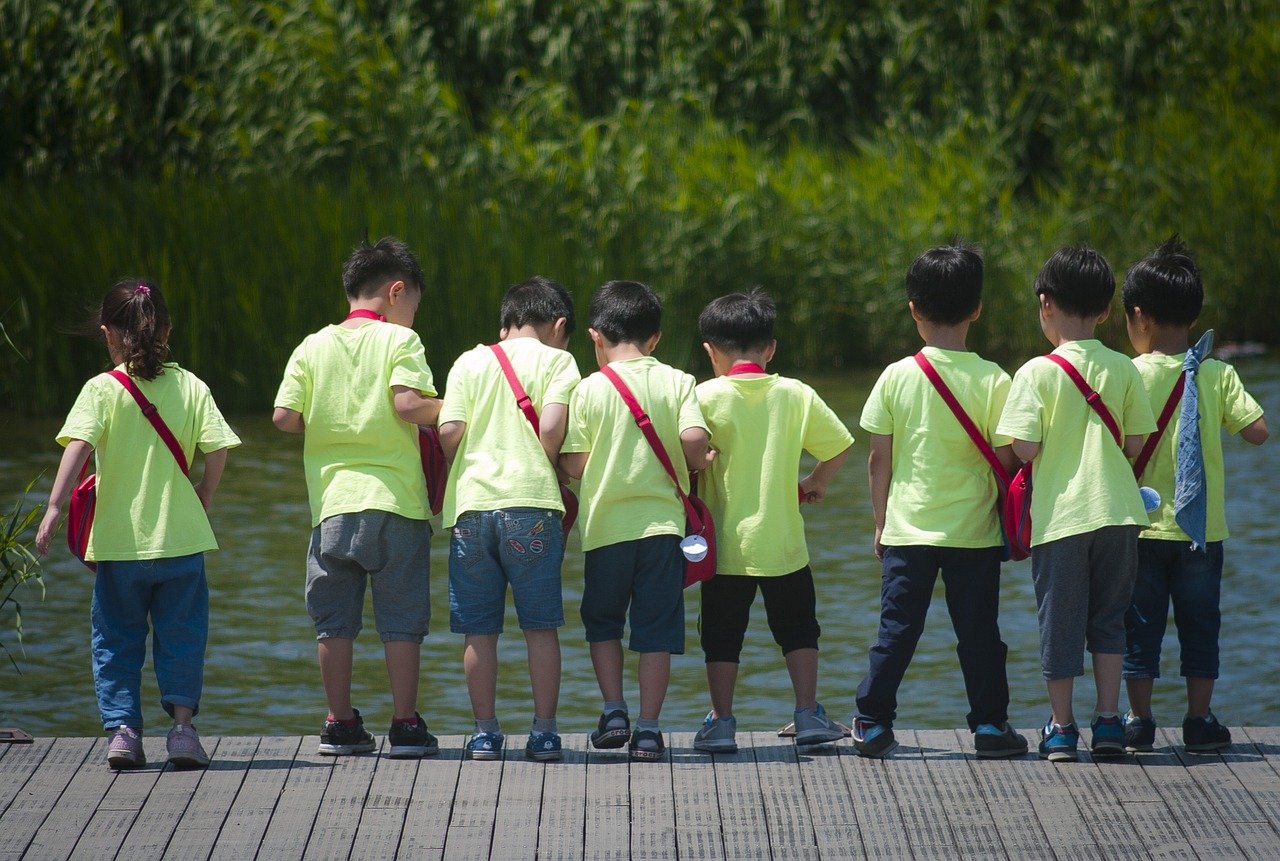
Everyone can benefit from outdoor learning activities – but sometimes getting off the sofa or out of a warm cosy classroom can be challenging! That is why the We Are Adventurers team are here to help, providing you with a host of reasons to get up and get involved in outdoor activities.
The physical health benefits behind how spending time in a natural learning environment are well reported – with improved physical health and fitness, improved gross motor skills, reduced stress levels, protection of eye sight and even a boosted immune system.
But the emotional benefits of time spent in a natural learning environment are just as impressive, it can help build self confidence, resilience and communication skills.
What perhaps isn’t as well known is how it can be especially beneficial to children who don’t enjoy large ‘group’ activities. The smaller group size and increased leader to child ratio means that we can help children who are shy, lacking in confidence or unsure how to make friends gain a greater sense of self as they learn a new skill, master it and then share the new skill with another child in the group.
And, we believe that getting toddlers engaged in outdoor activities from an early age can help to promote a lifelong love for the natural world.
Rain doesn’t stop play for us at We Are Adventurers (although high winds do!) – being outside in the rain can be a great opportunity to learn new skills – check out our rainy day activities for how we bring adventure on a wet day.
Physical benefits of outdoor activities for children’s development
Balancing on a log, navigating tree roots, learning how to light a fire using a flint and steel or lining up an arrow on a target. All outdoor activities help children with their gross motor skills and their fine motor skills, and can help improve coordination and memory skills.
Emotional benefits of outdoor activities for children’s development
Outdoor activities can help children to develop important life skills, such as problem-solving, teamwork, and communication. We encourage children to try something new, master it and then share it with a friend, this helps each child to build on their own feelings of self worth learning through achievement, reinforcement and empowerment.
Health benefits of outdoor activities for children’s development
Outdoor activities have been shown to have numerous mental health benefits, including reduced stress and improved mood. This can be especially beneficial for children, who may be dealing with the challenges and stresses of growing up, adapting to a life post covid or who have difficulties engaging in the classroom.
Spending time in a wooded environment, sometimes referred to as Forest Bathing, or in Japanese ‘shinrin-yoku’ is time spent simply being in nature – it’s about opening all of our senses, sight, hearing, taste, smell, and touch and bridging the gap between us and the natural world.
And according to the scientists, there’s a host of benefits. The phytoncides that trees like pine, cedar, spruce and fir among others, have antibacterial and antifungal qualities which help plants fight disease – and when we breathe in these chemicals, our bodies produce more of a certain white blood cell which boosts our immunity.
Wider benefits of outdoor activities for children’s development
Time spent outdoors will help your child to understand the delicate balance of the natural world – from understanding why rain is important, to the insects that live in the undergrowth, the animals that make their burrows in the woods and the birds that live in the trees. When your child spends time participating in outdoor activities in the natural world, they will begin to build a deeper understanding of how we need to care for our planet, respect our woodlands and leave no trace on the natural environment we live in.
Book early onto one of our adventure holiday clubs
Our team looks forward to exploring the woods with you


